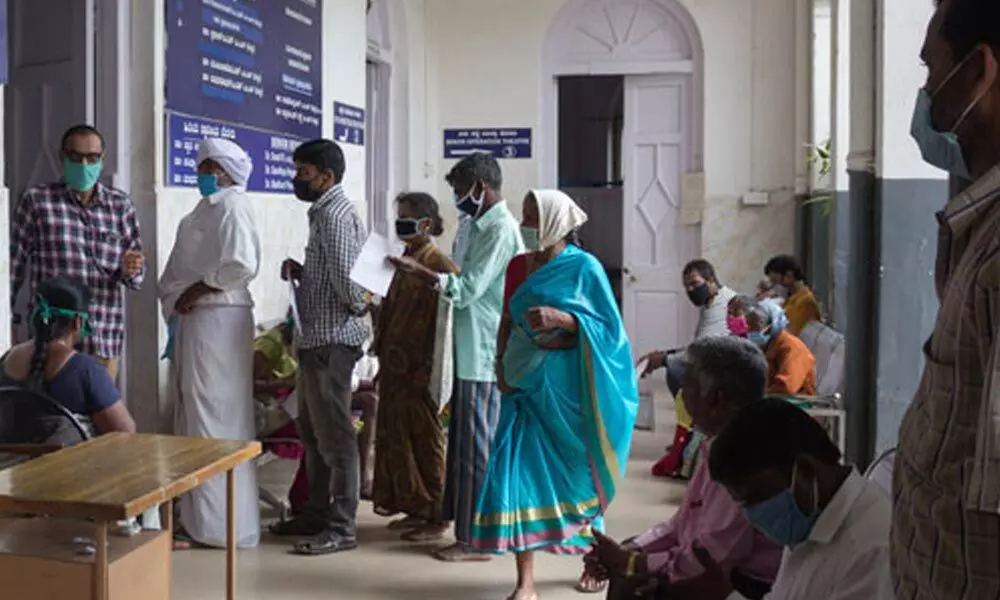Just In
Contributing towards planet's well-being


Contributing towards planet’s well-being
India dropped two ranks in the United Nations' Human Development Index this year
India dropped two ranks in the United Nations' Human Development Index this year. It is at 131st position out of 189 countries in the world. Those near us Bhutan (129), Bangladesh (133), Nepal (142) and Pakistan (154) were ranked among countries with medium human development, the report said. Norway topped the index, followed by Ireland, Switzerland, Hong Kong and Iceland, the report showed. As we all know, the Human Development Index is the measure of a nation's health, education and standards of living. India's HDI value for 2019 is 0.645 which puts it in the medium human development category. It considers several aspects like the life expectancy (of Indians at birth in 2019 was 69.7 years).
This time around, the UNDP has taken into consideration the carbon footprint that the countries are leaving on the planet. This is unique, but is essential to preserve the only place we have to live in the universe so far. The report says India's gross national income per capita fell to USD 6,681 in 2019 from USD 6,829 in 2018 on purchasing power parity (PPP) basis. UNDP Resident Representative Shoko Noda said the drop in India's ranking doesn't mean "India didn't do well, but other countries did better". Noda said India can help other countries too and lauded its commitment to reduce carbon emissions.
The UNDP introduced a new metric to reflect the impact caused by each country's per-capita carbon emissions and its material footprint, which measures the amount of fossil fuels, metals and other resources used to make the goods and services it consumes. While India dropped two ranks this year, standing at 131 out of 189 countries, if the Index were adjusted to assess the planetary pressures caused by each nation's development, India would move up eight places in the ranking, according to the report.
The report said under the Paris Agreement, India pledged to reduce the emission intensity of its GDP from the 2005 level by 33–35 per cent by 2030 and to obtain 40 per cent of electric power capacity from non–fossil fuel sources by 2030. "As part of the plan, the National Solar Mission aims to promote solar energy for power generation and other uses to make solar energy competitive with fossil fuel–based options. Solar capacity in India increased from 2.6 gigawatts in March 2014 to 30 gigawatts in July 2019, achieving its target of 20 gigawatts four years ahead of schedule. In 2019, India ranked fifth for installed solar capacity," the report said. The report said evidence from Colombia to India indicates that financial security and ownership of land improve women's security and reduce the risk of gender-based violence, clearly indicating that owning land can empower women.
It further said indigenous children in Cambodia, India and Thailand show more malnutrition-related issues such as stunting and wasting. "In India different responses in parent behaviour as well as some disinvestment in girls' health and education have led to higher malnutrition among girls than among boys as a consequence of shocks likely linked to climate change," the report said. It is a welcome feature that we now understand that our well-being is linked to our planet's well-being more than any.

© 2024 Hyderabad Media House Limited/The Hans India. All rights reserved. Powered by hocalwire.com






